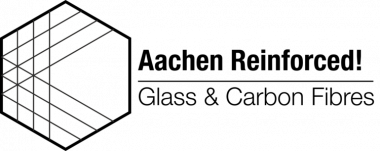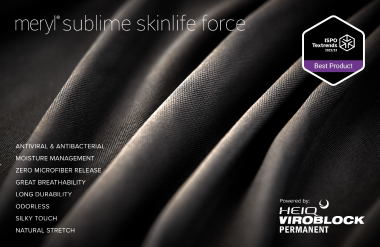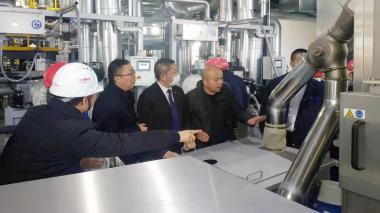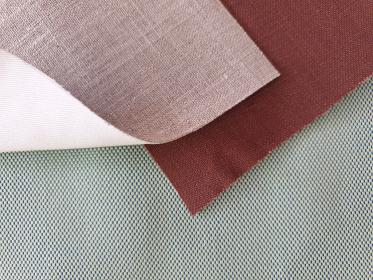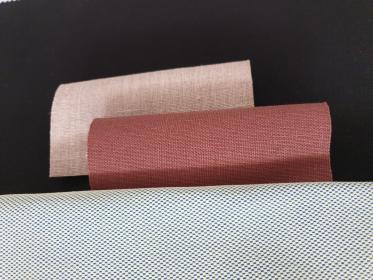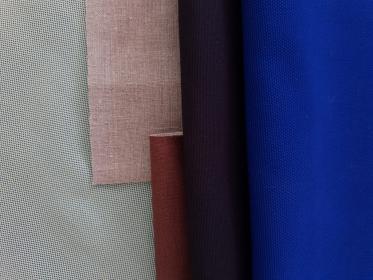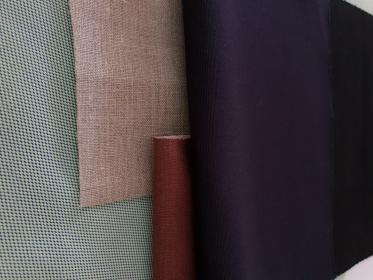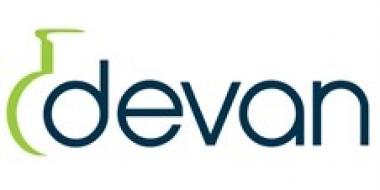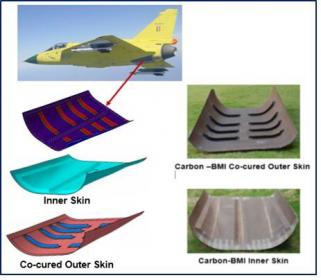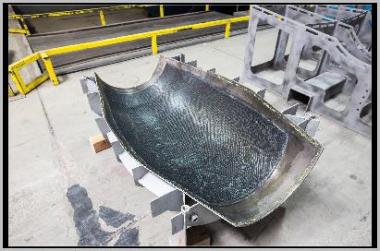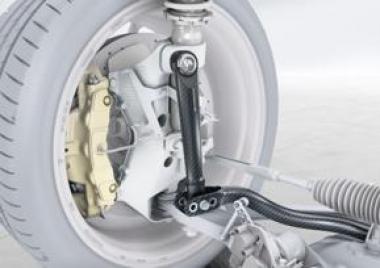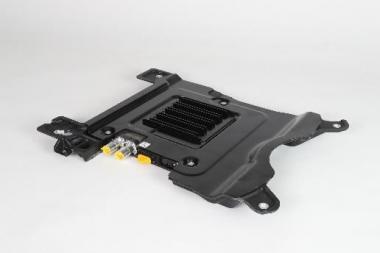The Renewable Materials Conference 2022
- 10–12 May 2022, Cologne, Germany (hybrid)
- The unique concept of presenting all renewable material solutions at one event hits the mark: bio-based, CO2-based and recycled are the only alternatives to fossil-based chemicals and materials
Ready-to-use fossil-free sustainable material solutions with a low carbon footprint are in fast-growing demand. Innovative brand owners are keeping an eye out for such solutions, in particular those that will soon reach the mainstream.
For the second time, nova-Institute presents numerous market highlights from bio- and CO2-based chemicals and materials as well as from chemical recycling: All material solutions based on renewable carbon. Together, there is sufficient potential to completely replace petrochemicals by 2050. To tackle climate change at its roots, all additional fossil carbon from the ground must be substituted with renewable alternatives. Over the course of three days, participants will get a comprehensive overview of the latest developments in the renewable material sector, with a focus on industry-ready solutions from a wide spectrum of sustainable raw materials and technologies.
In 2021, the new concept of the Renewable Materials Conference generated an outstanding response, which exceeded all expectations: 420 online participants witnessed a firework of innovations of non-fossil material. 60 speakers, 11 panel discussions, 500 public posts and 1,500 networking activities were proof of the lively exchange during the three conference days.
In 2022, nova-Institute plans to host the conference physically in the heart of Germany's fourth largest city, Cologne, just a few hours away from France, Belgium and the Netherlands. Expected are 400 participants on-site and many more online. On-site, the conference will be accompanied by a large exhibition where companies and institutes can showcase their recent developments. The supporting program, networking activities and many secluded spots at the location offers excellent opportunities to make new business contacts and refresh old ones.
The focus of the conference: All material solutions based on renewable carbon – avoiding the use of additional fossil carbon. The entire spectrum of renewable materials is covered: bio-based, CO2- based and recycled.
The program includes a diverse range of bio-based materials such as bio-based polymers, plastics and biocomposites (first and second generation, biowaste), CO2-based materials (from fossil and biogenic point sources, atmosphere) as well as mechanically and chemically recycled materials.
nova-Institut GmbH
















